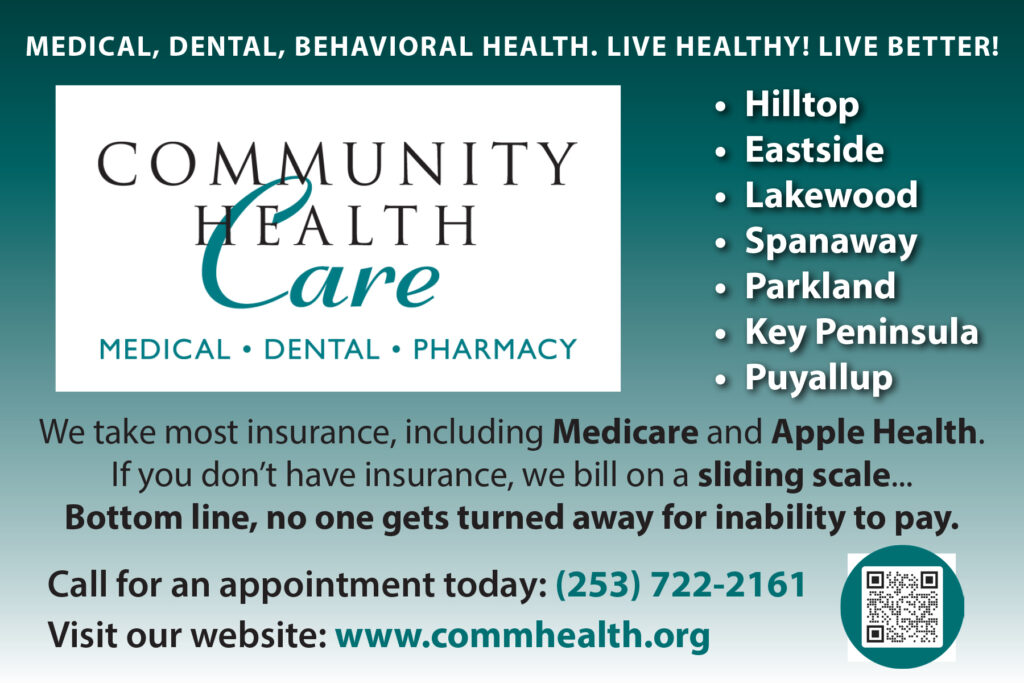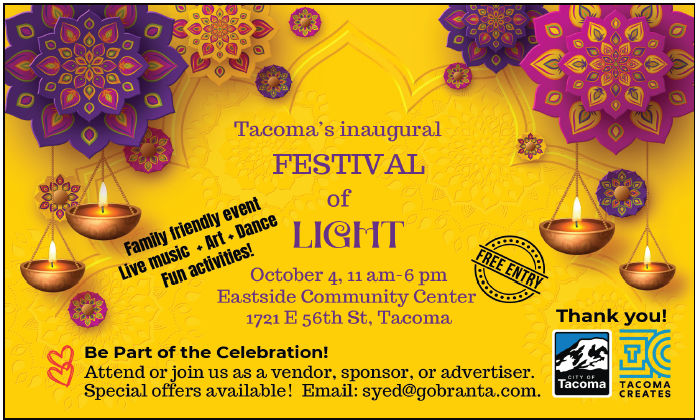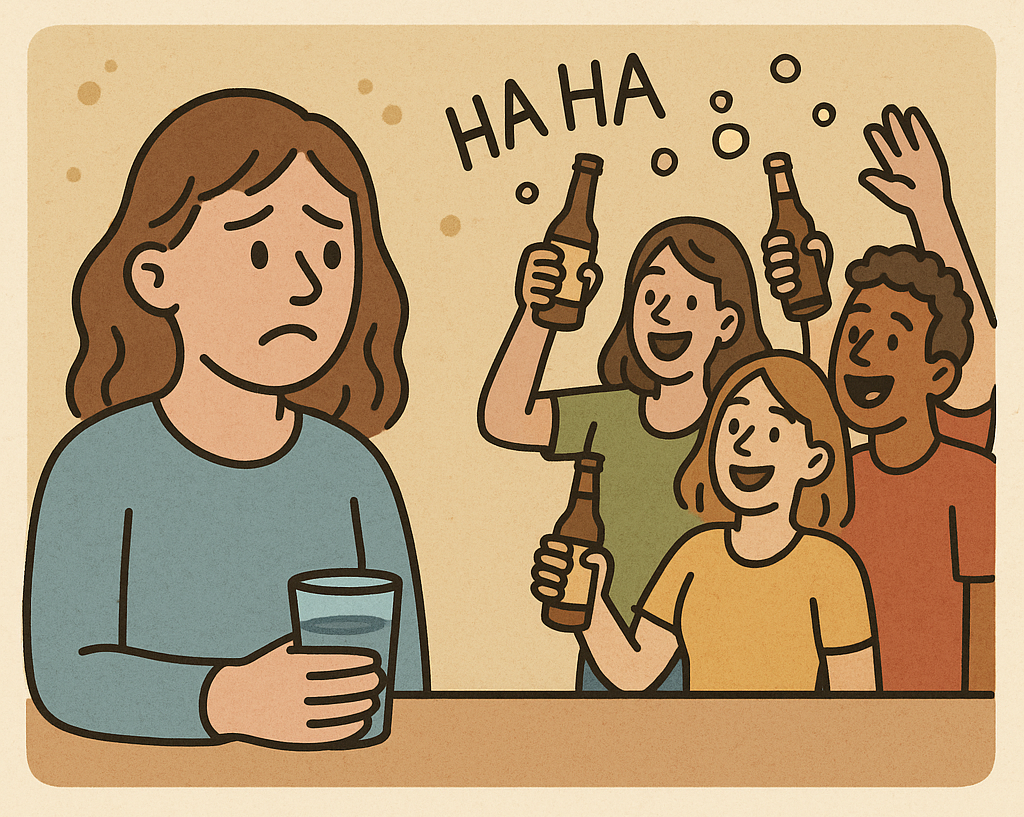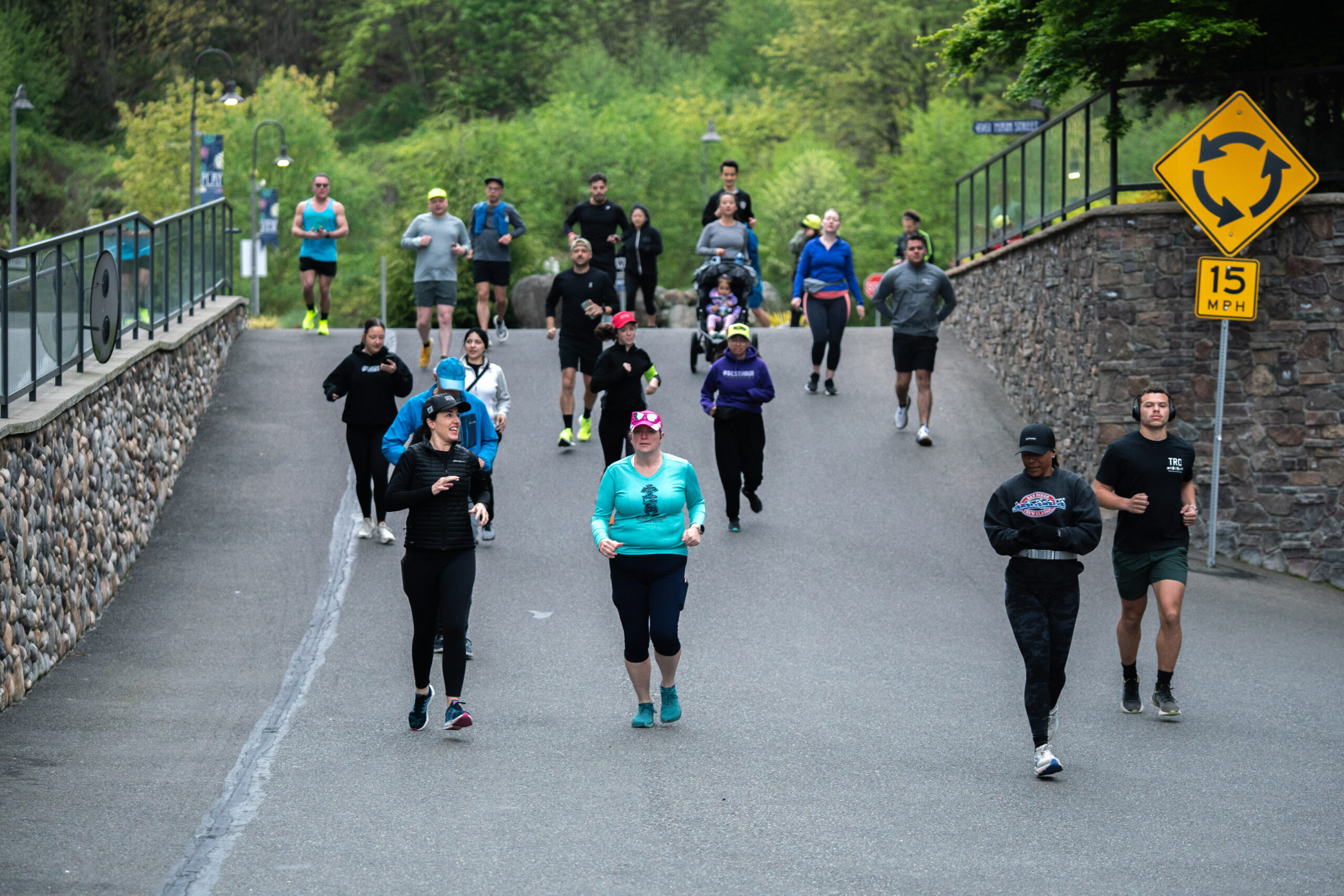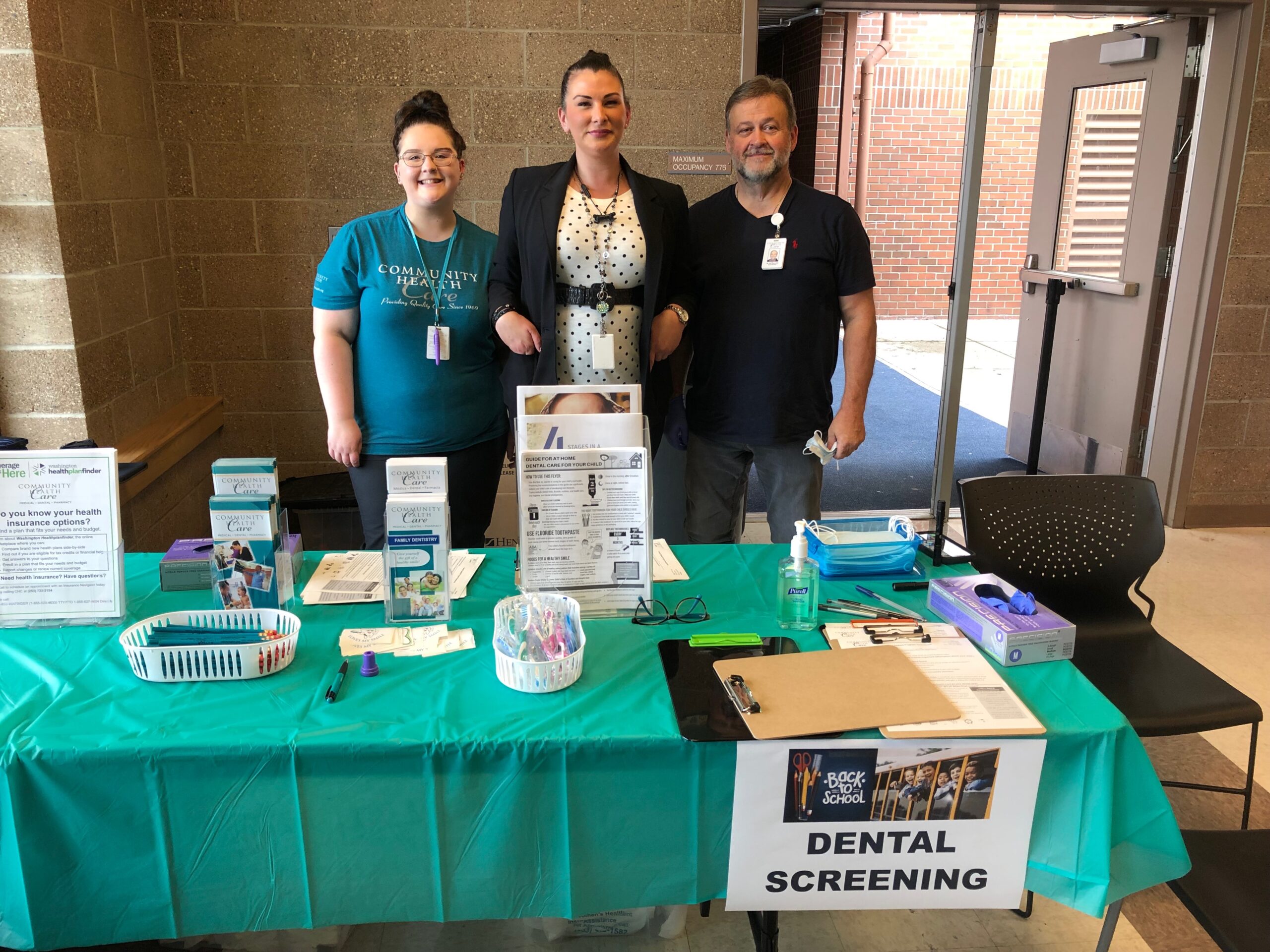BY AARDE WRITES for WEEKLY VOLCANO 9/12/25 |
Hey Aarde,
I recently quit drinking alcohol, and I am the only person in my friend group who doesn’t drink. I feel like I’m often left out of invitations because I don’t enjoy “partying” like they do. Do I need new friends? I don’t really like being around drunk people, if I’m being honest.
Signed,
Party Pooper
Hey Party Pooper,
When we are younger or shy and beginning to navigate the social world around us, alcohol can be a good lubricant. But if we come to rely on it, it becomes a cage that we’ve built for comfort, inhibiting us from reaching the part of us that can be social without it. Please accept this disclaimer before I continue: my words come from a place of compassion for those who may be quietly struggling with the jagged slope into alcohol dependence. Some might be cutting back or reconsidering their alcohol use, and I acknowledge the spectrum of choices in each person’s journey—step by step, deserving of honor, support, and kindness.
Although many people use alcohol to cope with stress and anxiety, if it starts to feel like a struggle, reaching out for support—through counseling, therapy, or support groups—is a powerful step toward healing and lasting change. Whether your decision stems from a desire to heal childhood trauma, mental health, physical health, financial health, negative experiences, or comes from newfound spiritual beliefs or personal growth in general (all great reasons to grab your life by the horns), you are being your own best advocate by restructuring your experience here on earth. What used to be seen as exciting and fun has turned stale and monotonous. Waking up with headaches, blotchy skin, and a tanked bank account is no longer worth the late-night parties or repetitive conversations (one of the major reasons I don’t enjoy being around drunk people).
With that said, life is generally too short to spend with those who do not support your overall goals. Instead of seeking new friends (which can feel lonely and messy), consider focusing on forming new relationships that align with and respect your new lifestyle. As you expand your friend group, some previous connections will casually fade away, as others will begin to shine as they honor and support the person you are becoming. It’s not that you don’t care for your existing friendships, but priorities shift and relationships change. The goal in all relationships is to change together, watch each other grow, and succeed at goals. Transitioning from old habits can be very difficult; you might have feelings of loss or guilt for being a “bad friend,” but remember, true friendships are rooted in mutual respect and support.
When I quit smoking cigarettes, I unconsciously shifted my activities to accommodate my new lifestyle, and some friends felt that I had “a lot of ’splainin’ to do.” I openly shared that many habitual activities triggered my desire to smoke, so I needed to refine my interactions. I could no longer hang out at bars, go to shows, or sit around fire pits with a cold beer and a stogie. The ones who understood and gave me the space I needed are friends to this day, while others called me “a quitter” and faded into the periphery.
If you want to be more proactive, consider asking yourself a few questions about your current friend group:
- Do you feel pressured to drink when you’re around them? If yes, red flag.
- Do your friends participate in activities that aren’t centered around alcohol? If not, red flag.
- Do your friends make you feel comfortable talking openly about your choices and respect your new lifestyle? If not, red flag.
- Can you be your authentic self around them without fear of criticism or ridicule? If not, red flag.
As far as expanding your friendships to like-minded individuals, you’re in luck! There has been a steady decline in alcohol usage. Some genuinely don’t like it and never started, while others learned quickly that it could lead to destructive dependence, and a few had traumatic events that forced them to make significant changes. To give you a better idea of our social trajectory: alcohol consumption in the U.S. has dropped to a record-low 54 percent of adults—the lowest since 1939—with 53 percent now viewing moderate drinking as harmful (up from 28 percent in 2018), drinking rates falling significantly among young adults, 49 percent of adults planning to drink less in 2025 (led by 65 percent of Gen Z), and sales of nonalcoholic beverages continuing to rise alongside these shifts (Washington Post; Penn State Extension; Gallup Poll; San Francisco Chronicle; Advisory.com).
To the new generation who is realizing early on that alcohol isn’t their friend, I’m impressed. To have the fortitude to stand by one’s values, despite the social ostracism they could face, is pure courage, in my opinion. With fewer people drinking and fewer judgments made for not partaking, we are seeing more alcohol-free activities flourishing. Here is a list of things you could do to find and nurture new relationships that support your new lifestyle:
- Active & Outdoor Groups: Tacoma Runners, Tacoma Girls That Hike, Edgeworks Climbing Gym, People’s Pilates, Studio 6 Dance Studio.
- Creative & Intellectual Groups: Open Arts Studio, Pierce County Library, Creative Colloquy, Tacoma Writes, Tacoma Photo Center.
- Wellness & Supportive Community Groups: Tacoma Recovery Center & Cafe, NAMI Pierce County, Rainbow Center, Center for Spiritual Living (learn how to meditate!).
- Social & Interest-Based Groups: Pierce County Groups for Meaningful Conversations, Reddit Communities (r/TacomaSober), The Board Game Cafe, Sober AF Zero Proof Bottle Shop, Soulberry Coffee House (check out their N/A options!), Cafe Perk, Campfire, Metro, Anthem.
- Alternative Recovery Options: SMART Recovery, Refuge Recovery, Recovery Dharma, Alcoholics Anonymous.
Ultimately, choosing to drink less—or not at all—isn’t about missing out. It’s about making space: for deeper connections, clearer mornings, meaningful growth, and a lifestyle that genuinely supports your goals. This isn’t a rejection of your past. It’s an invitation to your future. You don’t have to explain yourself. You don’t have to do it perfectly. You do have to stay honest with yourself and keep moving in the direction that feels right. Here’s to choosing what supports you—and finding people who do the same! I commend you.
